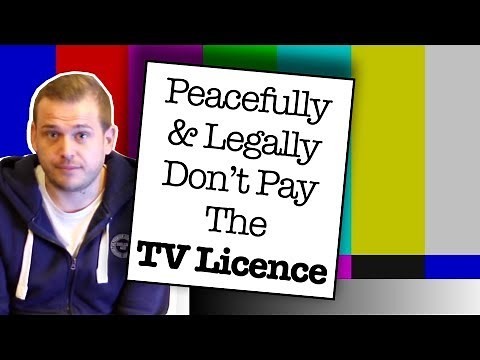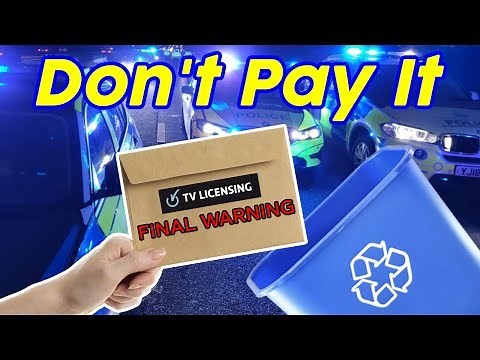
Like many others, I developed an allergy to the BBC. All sorts of things triggered it, not just Marianna Springer and Gary Lineker but even the way its weather-girls and -boys (but, blessedly, not Paul Mooney in The North East and Cumbria) no longer just told us what the weather was going to be but made a great, choreographed performance out of it. And then, that idiotic thing the national news-readers are always made to say when they hand us over to the local ones, “Now for the news where you are,” as if the national news hadn’t been for us where we were, as if, being in Wooler or Whitstable, we weren’t in Britain. Grrr.
Trying to understand my own case, I came to think that the worst trigger wasn’t anything particular but the Corporation’s wide, all-pervasive claims to be authoritative and virtuous and to be somehow speaking not just for the group of like-minded people who run it but for the nation as a whole (“Our BBC”) -- whereas, by and large, what that group thinks, on countless questions, is one thing, and what the nation thinks is another. The advice I gave myself was to stop watching tv and cancel my licence. The former certainly eased my condition but the latter I am afraid aggravated it.
Understanding just what you can and cannot do legally without a licence was the first aggravation. The rules aren’t simple. As the most general and easily understood rule is that you must not watch 'live' tv, you might think you can record programmes, especially films perhaps. You would be wrong to think so. You may watch Amazon Prime but only 'on demand' not 'live'. I do watch Prime and, as far as I know, only ‘on demand’ but what the difference is and how to avoid watching it ‘live’ without intending to I have no idea.
You may watch all streaming services except iPlayer. I do not know whether those ‘tv detector vans' that were supposed to catch people watching tv illegally ever really existed but, evidently, by “using data collected from other parts of the BBC”, tvlicensing.co.uk can track “the activity associated with your BBC account” including any use of iPlayer. But why doesn’t the BBC then close your account as Netflix would? Why does it both make it possible to use iPlayer illegally and prosecute people for doing so? Isn’t that both bizarre and wrong? Netflix doesn’t do it. Appletv doesn’t do it. Why should the BBC? If, for some technical reason (but what?), it can’t prevent you using iPlayer without paying, why doesn’t it, at least, make it possible for you to disable iPlayer yourself? But, try to do that and what you will get is a message telling you how to access it on other devices! It could not be, could it, that the BBC wants you to have iPlayer because otherwise it could not track your “activity”? We probably shouldn’t forget that tvlicensing.co.uk, which does the policing, isn’t part of the BBC itself but made up of private firms it has contracted the responsibility out to. And I cannot imagine that these firms are not paid by results, i.e. that they are not paid to lean on you as heavily as they can -- like any other debt collector.

Then the rules are easily broken. Most households, even pensioners', have lots of people through them at different times, children, grandchildren, friends, children’s friends, neighbours, relatives; and not only different people but people with different devices; it is not only large, immobile tv sets that can access programmes but (as tv licensing.co.uk itself emphasises) small, portable computers, laptops, tablets, phones. Is the householder supposed to police whoever comes into his house? Is he to police all the rooms all the time? Children in their bedrooms with phones? How is he to guarantee that no one at any time will break the rules? It is impossible and unreasonable to expect it.
If you do break the rules, you are likely to get an email threatening you with a fine, to be awarded, I presume, by a court. But what other organisation would threaten to take you to court without supplying an address for you to reply to? Is that also not both bizarre and wrong? You can, of course, enter the online maze that is its ‘contact information’ but you will find that, although it has lots of easy, well-signposted ways out, where they all lead is to the payments page. If that isn’t where you want to go, you are trapped. And, if, in despair, you return to the email and reply to its donotreply address, you won’t get an ‘undelivered’ message and may congratulate yourself on having found a way to reply after all.
But you will be wrong, for, after an interval, you will likely get a threatening letter, from which it is clear that your reply to the threatening email did not get through. It will look like a letter, with your name and address, a reference number and a date at the top and a name and signature at the bottom but, unlike a real letter, what it will not have is the address it came from. Again, what could be more both bizarre and wrong: a letter complaining that you haven’t replied to previous communications and threatening to take you to court unless you do reply by a certain, near date but without an address to reply to? Why should anyone be expected to take any more notice of this than of mythical ‘tv detector vans’? Do the courts really fine people who have been subjected to such a rigmarole? Do they make themselves party to it?
And do not waste your time going back to that tvlicensing.co.uk ‘contact information’ site. You will just find yourself back in the maze with no way out except to pay up.
So what do you do? What you ought to have done at the start: Ask Google, who will give you the tvlicensing.co.uk address that tvlicensing.co.uk would not itself give you. And you can then reply, to which you will get a reply. But, if you complain that threatening letters ought to include an address to reply to, especially when they complain that you have not replied to earlier communications, which themselves had not included an address to reply to, don’t expect your complaint to be replied to. And if you have asked any question such as ‘Am I responsible for what others might do in my house without my knowledge?’, do not expect an answer. Nor -- if you wanted to know whether it is possible to disable iPlayer -- expect to be told.
And now my allergy is worse than ever.
Duke Maskell
Reactionary Essays at dukemaskell.substack.com